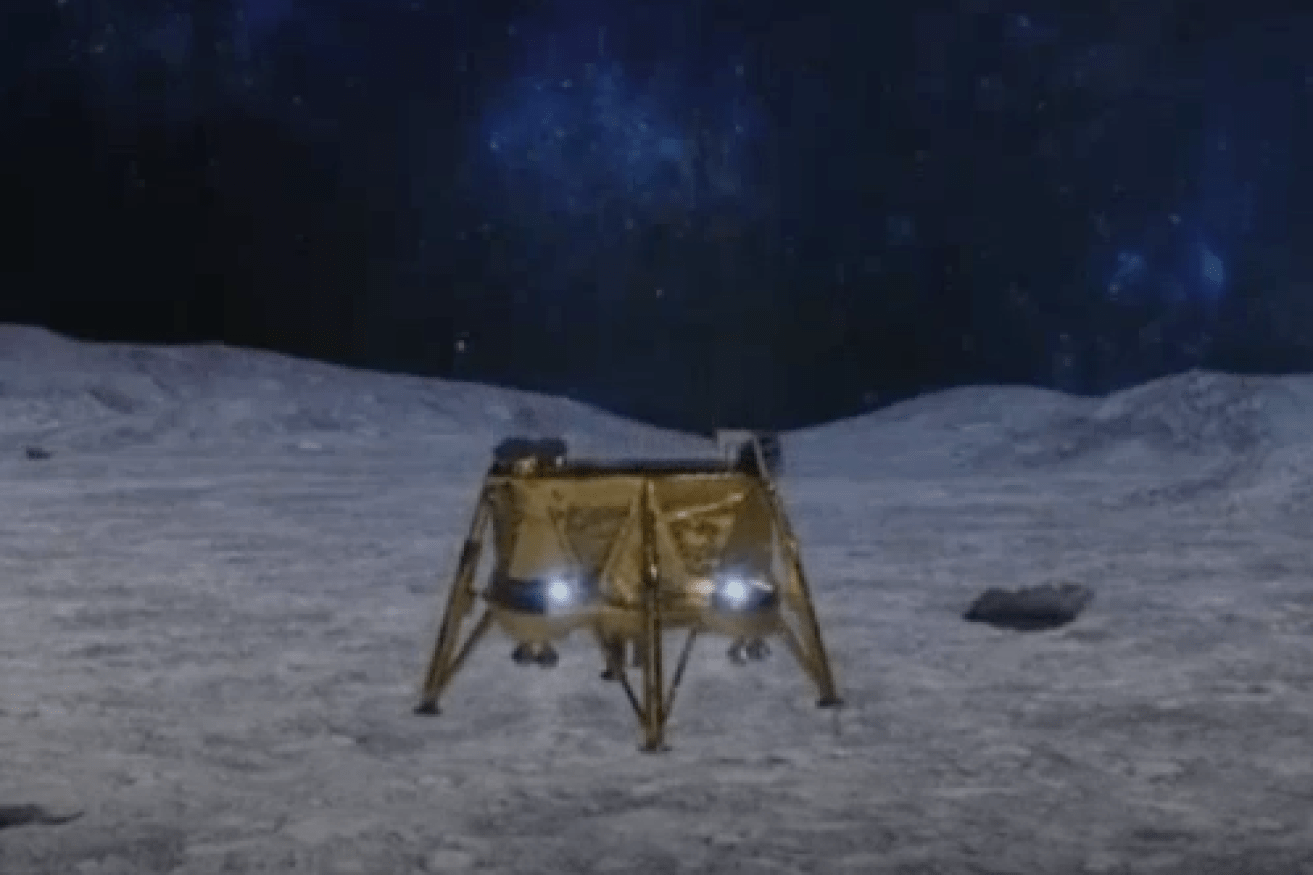NASA broadcast the landing attempt live on its dedicated TV channels, as well as online.
“While NASA regrets the end of the SpaceIL mission without a successful lunar landing of the Beresheet lander, we congratulate SpaceIL, the Israel Aerospace Industries and the state of Israel on the incredible accomplishment of sending the first privately funded mission into lunar orbit,” NASA Administrator Jim Bridenstine said.
“Every attempt to reach new milestones holds opportunities for us to learn, adjust and progress.
“I have no doubt that Israel and SpaceIL will continue to explore and I look forward to celebrating their future achievements,” he said.
-with wires













